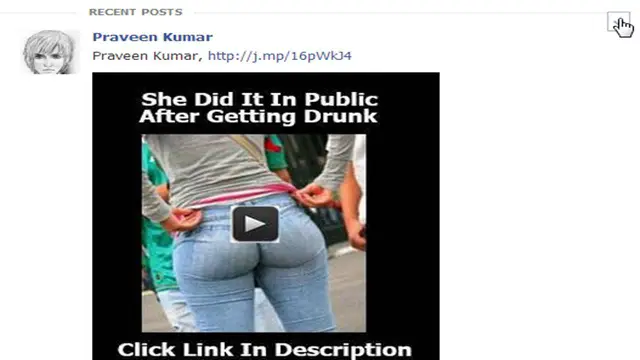The internet is full of spam, and so are Social platforms like Twitter, Pinterest or Facebook. It was only a matter of time until someone took serious action. The biggest platform (in terms of users) – Facebook is again changing it’s News Feed algorithm, but this time, it’s doing so to fight spam!
Also Read: Understanding Facebook’s Post-Sorting Algorithm
The move echoes the platform’s love of great content, and wages war on some pretty annoying tactics that we see people use on Facebook all the time. Of course this is not the first time that the company has made a move on low-quality content. The “dreaded” December 2013 algorithm-tweak took place for this reason, and February 2014’s tweak sought to clean up the mess (reach on Pages dropped a great deal). It just goes to show that things are getting a lot more drastic.
So what is seen as spam and why is Facebook doing this? “Like-baiting” posts or low-quality posts that ask people to like, share, or comment on to increase reach, are one of the main reasons. Not unlike “Google-bombing” in principle, this practice takes advantage of Facebook’s News Feed algorithm that feeds on social actions, to increase the visibility of certain posts. Google cracked down on “Google-bombing” a few years ago, and now Facebook is also trying to clean up our News Feeds.
The reason behind this action is negative user-feedback mainly, but I think it also has to do with the sheer volume of user-generated content that is uploaded on the platform on a daily basis. There is so much of it, that it’s possible that Facebook is having a hard time showing people what’s really relevant to them. Facebook’s main money-making machine – advertising – can only work well in a controlled environment, so one can only assume that this move is also part of the company tightening it’s grip on what is seen by its users.

Like-baiting posts are not the only type of content to get penalised. Spammy links are another example. Spammy links redirect users to landing pages that a filled with advertising and/or recycled content from around the web. Facebook distinguishes these links from others, by examining the ways in which people interact with the resulting content. So, if the content does not receive any attention (like, share or comment), then it would be less likely to be shown to similar users.
Are you are content publisher? Are you worried that this latest move by Facebook is going to damage your Page’s reach yet again? Well, unless you are posting spammy content, it is unlikely that it will impact you at all. However, it is good to note that you should continue posting good-quality original content to create organic engagement with your users. Have you noticed any changes yet? What do you think about this move? Let us know in the comments below.
Related Stories:
- Facebook Tweaked its News Feed, and it’s Bad News for Publishers
- Facebook Tweaks Newsfeed: More Friends, Less Pages
- Facebook Pages: Keep An Eye On Engagement, Not Likes
